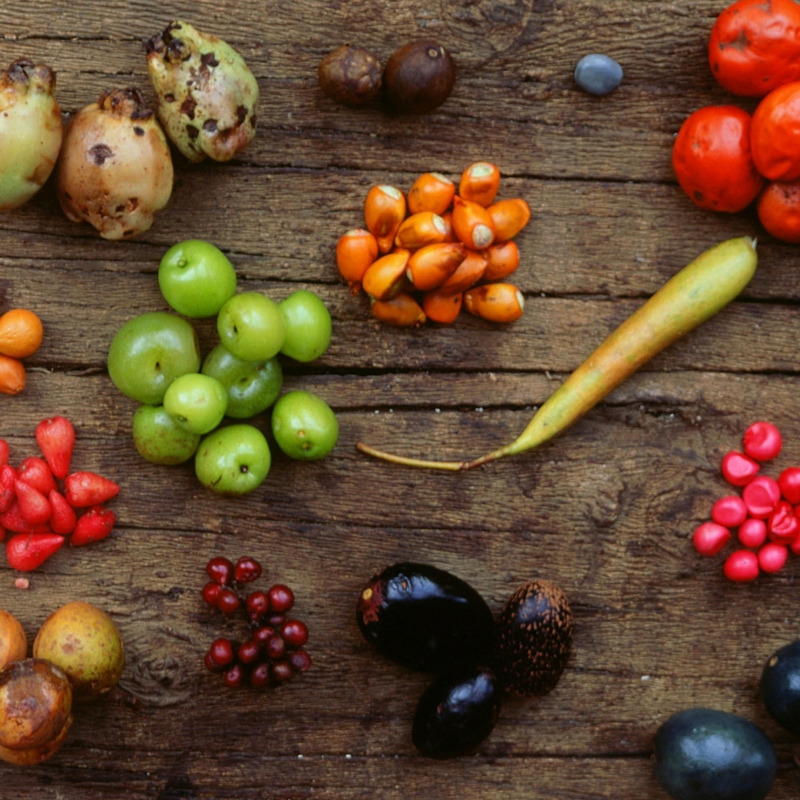New research shows that a child’s diet can have a huge impact on their IQ.
This is a finding from a Finnish study which tracked a group of children’s diet and test scores for three years.
Parents always want the best for their kids and will consider a number of things to assist them in achieving top marks, like finding a tutor for example.
This research, however, suggests that something as simple as changing their diet can improve their learning and development.
The researchers found that children who eat their fruit, vegetables, whole grains and fish in their first three years of school do a lot better in tests than their classmates with poor diets.
These findings were independent of the children’s physical fitness, socio-economic status, and body type.
161 children aged between 6 and 8 years old were involved in the study and they were followed from the first to the third grade. Food diaries were kept and the academic skills measured through standardized tests.
The study demonstrated that kids whose diet was low in sugar, rich in fruit, vegetables, whole grain, fish and unsaturated fats, did the best in reading tests.
These kids also showed the most progress in reading skills, compared to their peers with low-quality diets.
Dr. Eero Haapala of the University of Eastern Finland said
“Another significant observation is that the associations of diet quality with reading skills were also independent of many confounding factors, such as socio-economic status, physical activity, body adiposity, and physical fitness,”
Haapala says that a healthy diet seems to be an important factor in supporting a child’s learning and academic performance.
The study recommends that by making healthy choices every meal, it is possible to promote a healthy diet and enhance diet quality.
Haapala added that
“Parents and schools have an important role in making healthy foods available to children.” and ‘Furthermore, governments and companies play a key role in promoting the availability and production of healthy foods.’
This is certainly another eye-opener for parents to make good choices and also for governments to re look the dietary guidelines.
